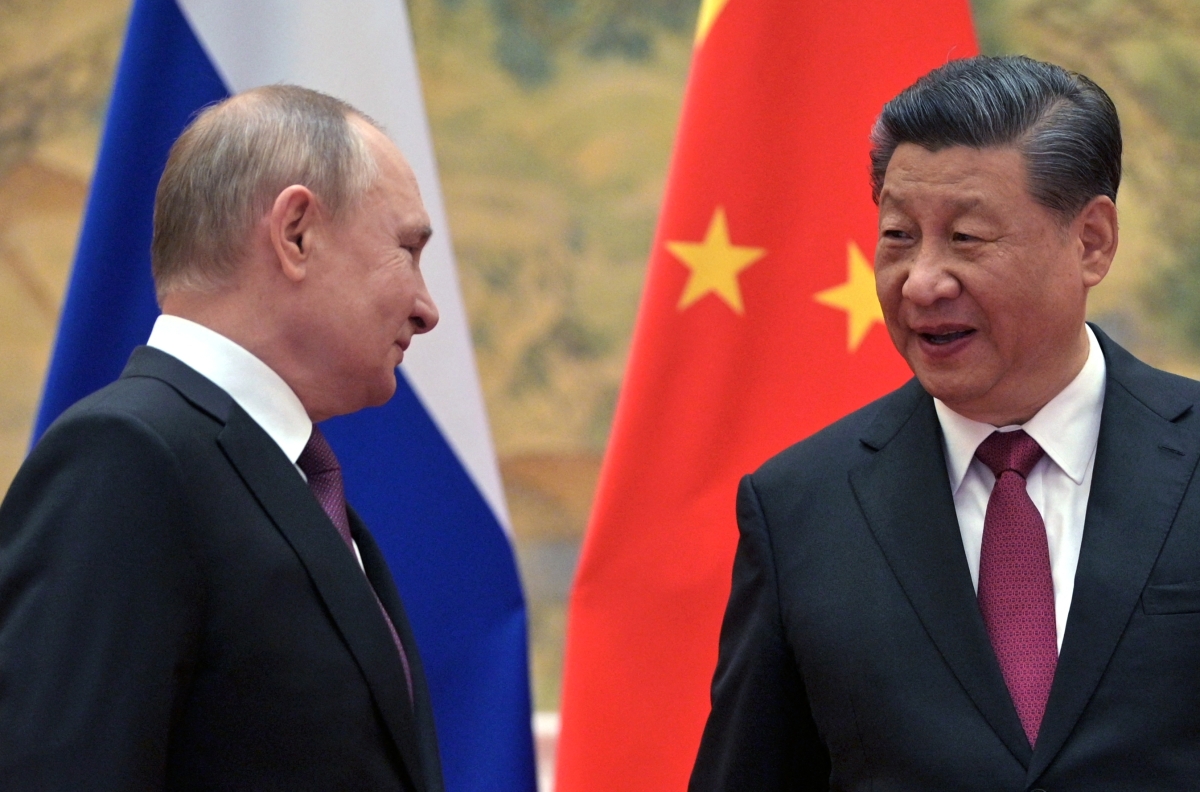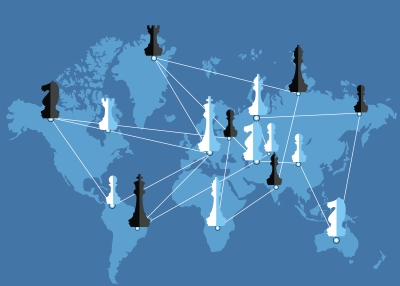ASPI Note: Understanding China’s Growing Support for Russia

February 8th 2022 by Nathan Levine | 22/06
What’s Happening: Amid the ongoing crisis in Ukraine, China and Russia released a groundbreaking joint statement following a meeting of Presidents Xi Jinping and Vladimir Putin in Beijing on Friday, February 4th. The document:
- Decried “military and political alliances and coalitions [who] seek to obtain, directly or indirectly, unilateral military advantages to the detriment of the security of others” and announced that the two countries “oppose further enlargement of NATO and call on the North Atlantic Alliance to abandon its ideologized cold war approaches.”
- Declared that Beijing and Moscow also “remain highly vigilant about the negative impact of the United States' Indo-Pacific strategy on peace and stability” and are “seriously concerned about the trilateral security partnership between Australia, the United States, and the United Kingdom (AUKUS).” This is the first time Russia has openly aligned itself against AUKUS and the “Quad” security partnership in the Indo-Pacific.
- Concluded that there are now “no limits” to China-Russia relations and outlined multiple areas for deepening their “unprecedented” economic and security cooperation. The two countries separately signed 15 bilateral cooperation deals including oil and gas deals worth approximately $118 billion.
Why it Matters: This is a very significant development and represents an important shift in China’s approach to its broader foreign policy.
- This is the first time Beijing has taken a position against NATO expansion. Indeed, it is the first time since the Sino-Soviet split that China has directly supported Russian security interests in Europe.
- It’s also a sharp departure from China’s declared position in 2014 when Beijing voiced opposition to any violation of the “sovereignty and territorial integrity of Ukraine.”
- The move to openly support Russia in its current confrontation with Europe puts at risk China’s relations with the EU and the European states, indicating that Xi believes China now possesses sufficient economic and diplomatic leverage to get away with it.
Behind the Curtain: Xi may see an opportunity to drive a wedge between Washington and European capitals that are more wary of confrontation with Moscow, but China’s experienced diplomats likely aren’t happy about this.
- The appearance of supporting a Russian invasion of Ukrainian territory would severely complicate the long-running narrative of defending the inviolability of national sovereignty and territorial integrity that is at the heart of Chinese foreign policy.
- While the Russian version of the joint statement totals nearly 5,000 words, the English version, released by China’s Foreign Ministry, was only a quarter of that length and made no mention of NATO — indicating that China’s diplomatic establishment would much prefer to keep this apparent favor to Putin on the down-low.
The Bottom Line: Whatever the qualms of his diplomats, Xi now sees China as a global, not just regional, security actor and is uninterested in limiting perceptions of China as a self-confident, great power.
Beyond the Bottom Line: This could be a big strategic mistake by Xi. If he’s miscalculated on European resolve, as he has previously on human rights sanctions, he may well have put China on a slippery slope toward permanently losing Europe on core security interests as well.
